Journalism to Blogging: Making the Switch?
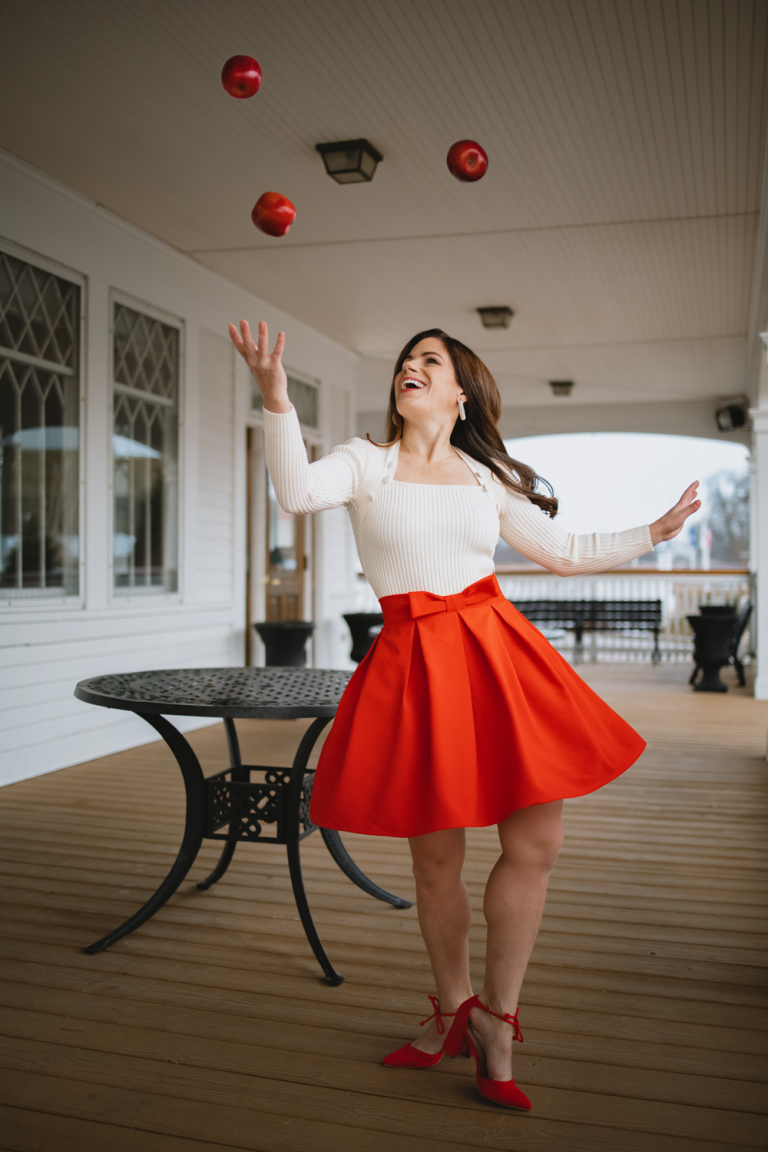
They are among the most common questions I get… How did you go from journalism to blogging/content creation? What do you like better? Why did you leave TV news?
There are many parallels between journalism and blogging. In fact, I’ll explain shortly why journalists are well-equipped to make a career out of content creation. However, I want to start by saying this is not exactly an apples-to-apples comparison. Moreover, my journey from news anchor to blogger was more accident than design. Are you considering leaving the news world for content creation?
This post covers what you need to know before making the switch, how to prepare for such a change, and some important career/industry nuances you must understand.

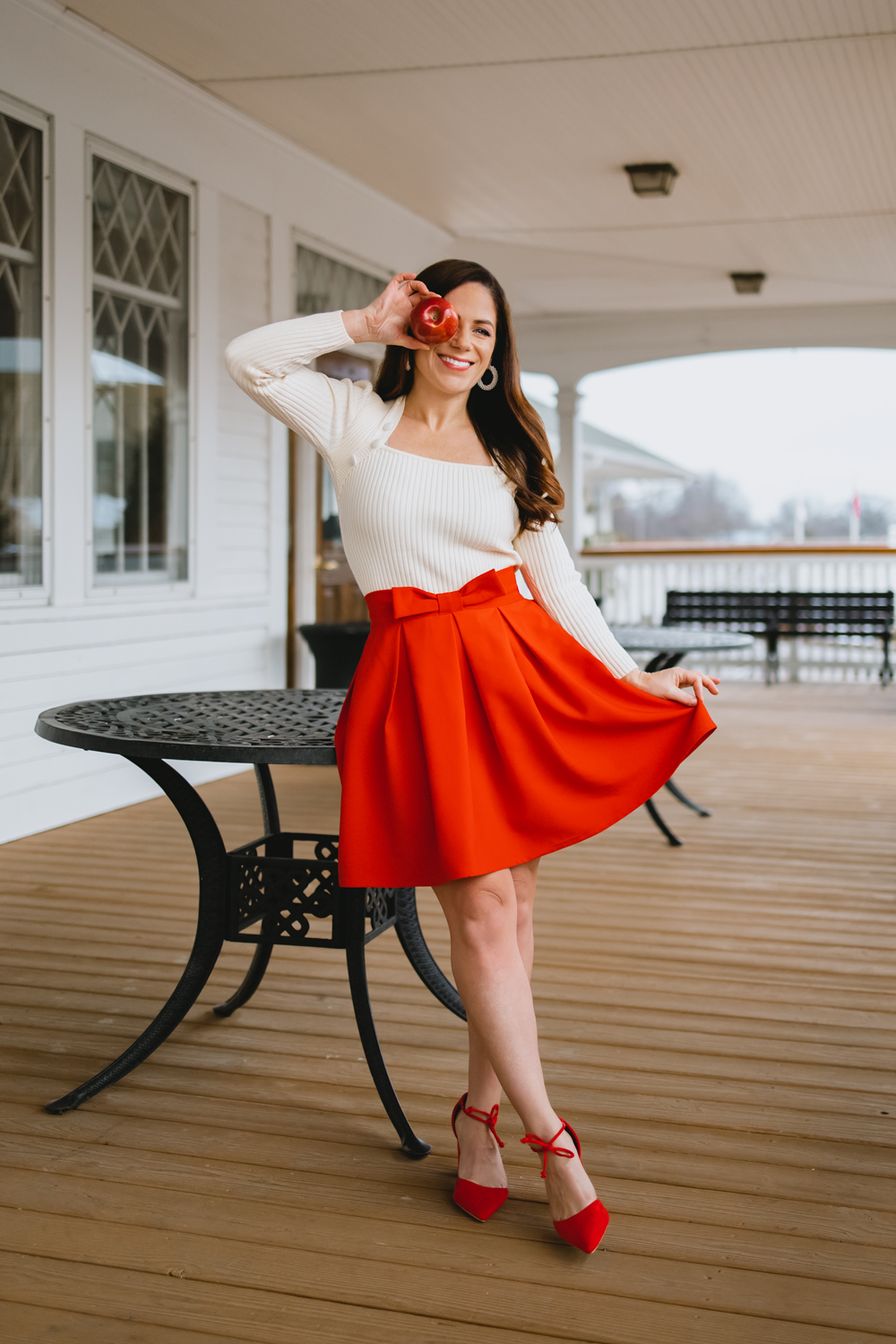
Journalism vs. Blogging
Before we have any meaningful conversation about a journalism to blogging transition, we need to talk about some important distinctions between the two. If you’re not a journalist, you might think they are the same thing. They’re not. If you are a journalist, perhaps you’ve heard people calling content marketing and public relations the “dark side” or “selling out.” Neither perspective is quite accurate.
Turns out, good blogging and content creation looks an awful lot like journalism. It involves research, editing, interviewing, networking, videography, photography, and graphic design, among other things.
Like journalists, ethical bloggers aim to equip their audiences with helpful, engaging, or entertaining information. They’re trying to help people solve problems, make decisions, and enhance their lives. It should feel personal, like you’re talking to a friend. It is not ad copy in disguise! After all, who wants to read that?
So what are the differences? Let’s start with journalism…
If you’re in print or broadcast news, you already know payola is a big no-no. Never heard of it? Payola refers to payment, gifting, or any type of incentives someone might offer a journalist. This could be to secure media placement, improve coverage favorability, or influence a reporter’s content in any way. If you are a professional journalist, accepting payola is not only unprofessional; it is unethical and could should get you fired.
What does this look like in real life? When I anchored morning shows, we had two lifestyle segments each show. These ranged from tech segments to cooking demonstrations, fashion shows, and pop culture/local event promotion. Our guests often brought props with them and would occasionally offer those items to our team. They were small, a dress, coffee mug, or food platter. However, accepting anything (even small things) from a news source can affect your impartiality as a journalist.
You cannot allow a guest/source to expect any quid pro quo in your coverage. That’s why the only thing our team would accept was food leftover from an onset demonstration that would otherwise be thrown away.
Blogging is more of a gray area… and a completely different beast.
In fact, as a former journalist, it took me some time to wrap my head around it. The biggest distinction is payment. Unlike professional journalists, who receive a salary from their respective media outlets in order to create unbiased/informative articles and content, bloggers are one-person shows. They must self-fund their operations. And believe me, blogging involves far more work and expense than one might imagine! Additionally, it can take years before a blog is truly profitable.
I consider blogging a hobby/side-hustle. However, it’s not uncommon for me to spend 20-40 hours a week on anchoredinelegance.com. This includes creating and planning content, shooting/editing photos or video, writing copy, negotiating with brands, and engaging with my audience on social media. If you want to make a career out of content creation, you will easily work 40 hours a week (probably more). This workload is simply unsustainable without some form of compensation.
How do bloggers make money? Most earn revenue through a variety of means…
- Affiliate Links – These are embedded links to products a content creator may be discussing. If a reader makes a purchase through such a link, the blogger will receive a small (we’re talking very small) referral commission at no additional expense to the shopper. For instance, if you purchase a $30 dress through one of my links in News Anchor Outfits: The BEST of Amazon Dresses, I might make $1 or so from Amazon Affiliates. RewardStyle is another popular affiliate program that includes a wider variety of retailers. These are the LIKEtoKNOW.it links you see so often on Instagram (here’s my profile as an example). In addition to helping bloggers create affiliate links, LIKEtoKNOW.it is a shopping app where users can follow their favorite creators to shop their content. Commissions are higher with RewardStyle, but converting is more challenging. It took me about 2 years to see success with RewardStyle.
- Sponsored Content – This is where the bulk of my blogging income comes from. Sponsored content refers to content a blogger creates in partnership with a brand for payment. It could be an Instagram post or story, a blog article, photos, or video. Brands often repurpose this content for their own websites and/or social channels. In some cases, they will purchase rights to use that content for a set period of time.
- Ad Revenue – Many blogs, particularly those with high traffic, sell ad space and generate revenue via advertising platforms like Mediavine or Google AdSense. I have decided not to sell ad space because I find online ads obnoxious and don’t want my website to look cluttered.
- Creating and Selling Product/Course – If a content creator has a specific teachable skill, they may create an online training or course to market. I’ve seen courses on everything from “How to Grow on Pinterest” to “Building a Successful Email List” and “How to Negotiate With Brands.” For many bloggers, courses are a great way to generate passive income. Content creators might also market a product, something like Lightroom presets, clothing, jewelry, etc. Etsy is a common place for these types of “storefronts.”
However a blogger/content creator chooses to generate their revenue, FTC rules require them to be upfront about it. For example, when I have sponsored content on Instagram, you will see it marked with #AD or “paid partnership with (brand name)” at the top of my post. For blog posts, I will explicitly mention the relationship I have with the sponsor. This is disclosed in copy, like “(Brand Name) sent me these dresses to style for you” , “(Brand Name) asked me to review these shoes”, or “Thanks to (Brand Name) for Sponsoring This Post.”
I try to be as honest and transparent with my audience as possible. If something has a flaw, I’ll tell you about it. Otherwise, you won’t see it here! I don’t accept partnerships with brands I don’t already use or have ample time to test it out before discussing. This means, I turn down plenty of work and have in some cases have had to send items back to brands because I don’t feel comfortable recommending this to my audience.
Are you starting to see how different blogging and journalism are? This is where the transition can be a bit tricky…
If I was a working journalist (and writing for my news organization’s website), affiliate links, gifted products, and sponsored content, could be considered payola. Can journalists ethically operate blogs while under contract with a TV station or newspaper? Absolutely! But you need to make sure there is clear separation from your journalistic self and your blogging persona. Disclosure and transparency are vital. Make it clear you that your blog is separate from your journalism.
Can you reference your career? Of course! In fact, journalists have a head start on building an online audience. I started my blog after leaving the news biz, but originally intended to run it in conjunction with my journalism career (hence the name Anchored In Elegance). I had planned to offer a behind-the-scenes view of news, while also sharing what I’ve learned about professional style and dressing for the camera. However, I ended up staying at home with my son and working part-time in higher education communications instead of returning to journalism. Do I miss it? Absolutely. But this is the right decision for our family right now.
Are you a journalist and thinking of starting a blog?
Here are a few things to consider before moving from journalism to blogging. First, the blogging/content creation world is pretty saturated. There is a TON of competition! Consequently, you need to niche down and have a clear plan and strategy. Building an audience is always challenging, but it’s nearly impossible for those who are too general with their content. It’s easy to fall into the trap of writing for everyone. The more eyeballs the better, right? WRONG!
You need to define who your blog is for…
Unlike journalism, this isn’t supposed to be mass media. You want a targeted audience. Think long and hard about your points of differentiation. What’s your mission? What niche will your content/blog will fit into? This self-assessment is time consuming, but you’ll need it in long run. My blog falls under the “lifestyle” category and discusses fashion as a means of empowerment. I’m still trying to niche down and narrow my focus, but I feel pretty confident with my mission statement and am sharing it below to give you an example of the though process you want to go through. I share this as part of the media kit I send to the brands I partner with.
Anchored In Elegance aims to help millennial women inject a touch of easy, affordable elegance into their daily lives. When you feel great about your style, you act with assertiveness and confidence. It’s not about being trendy. Rather, this blog showcases timeless styles and décor ideas, so that readers can discover what “elegance” means to them. Lindsay also focuses on elegance as an attitude, sharing career and confidence tips gleaned from her time in front of the camera interviewing newsmakers. She seeks engaging answers to insightful questions—all designed to make life easier.
Once you know your approach, it’s time for some frank talk. If you’re under contract, read that contract very carefully. Then, have an honest chat with your news director. Explain your plans, intended audience, how you would approach disclosure/transparency, and how your blogging could complement the work you are already doing. You need to have a very clear idea of who you’re targeting. Some news directors will love the idea, some will hate it, and others will sit on the fence… allowing you to argue your case.
Journalism to Blogging: The Next Steps
If you get approval, start building up a stockpile of content for your website and social channels. Ideally, you want at least 5 posts in the can before your site goes live. You want to be able to offer your audience a steady stream of engaging content immediately that offers them value (teaches them something, entertains them, or helps them in some manner).
Now, it’s time to dive into the social channels where you can promote that content. The most successful content creators have multiple channels (don’t rely on Instagram alone). Your blog and your email list is the only thing you truly own! Personally, I create content for my blog, Instagram, Pinterest, and occasionally Facebook/YouTube. Get yourself signed up for Amazon Affiliates right away. This program will accept applicants pretty quickly. RewardStyle is more selective. You will need to prove you have an established platform with at least a few months of quality content to show before applying.
I also highly recommend you work on expanding your creative photography skills. Blogging is hugely visual. Invest in a good camera and learn how to use Adobe Lightroom. I purchased my first camera, the Canon EOS RP with a 35 mm lens, earlier this year. Best. Decision. Ever! It has dramatically increased the quality of my work. In fact, I believe its improving my profitability too. I have been able to negotiate higher rates with brands and am receiving a lot more paid campaign offers. Here is the camera gear I use…

The best way I could describe blogging is an addictive knowledge quest. The more you learn about it, the more you realize you don’t know. There are always more ideas to pursue and ways to improve than hours in the day!
To conclude, blogging is fun and it can be very lucrative. However, profitability takes time.
If you want to start a blog, go for it… You can’t grow if you don’t start! And in my opinion, journalists have all the transferrable skills. You are perfectly suited for a career (or hobby) in content creation. Why?
- You are already a master of multi-media
- Journalists know how to write compelling copy for online audiences
- You’re comfortable on camera
- Shooting/editing video and photos? You’re a pro!
- You always have a plethora of story ideas (e.g. blog posts) in your back pocket
- And you’ve made a career of building an audience that trusts and values your opinion
Have a question I didn’t cover? Let me know in the comments below!
Related
Related Posts
Reinventing Yourself After Job Loss? 5 Blogger-Inspired Habits To Help You Bounce Back
What can “influencer” culture teach women who are facing pandemic job loss? Your…
Related
How To Get Media Coverage & Why You Want It
Want to give your blog, brand, or business a lift? Earned media may be the…
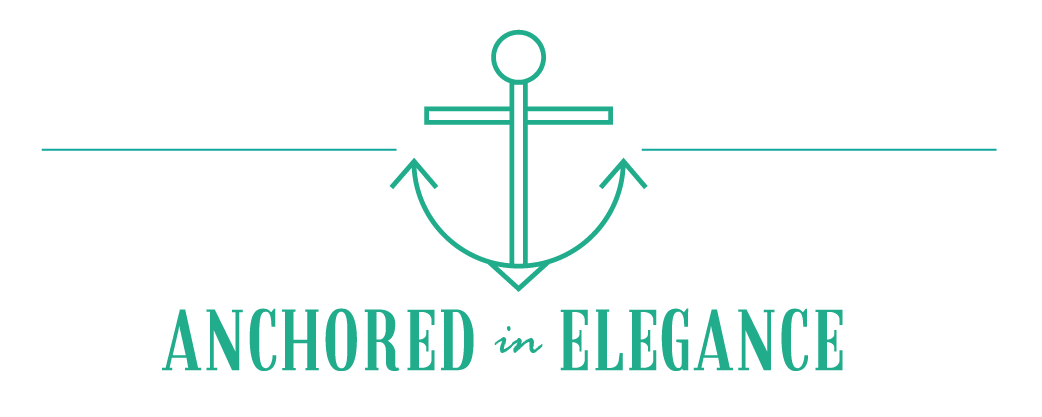
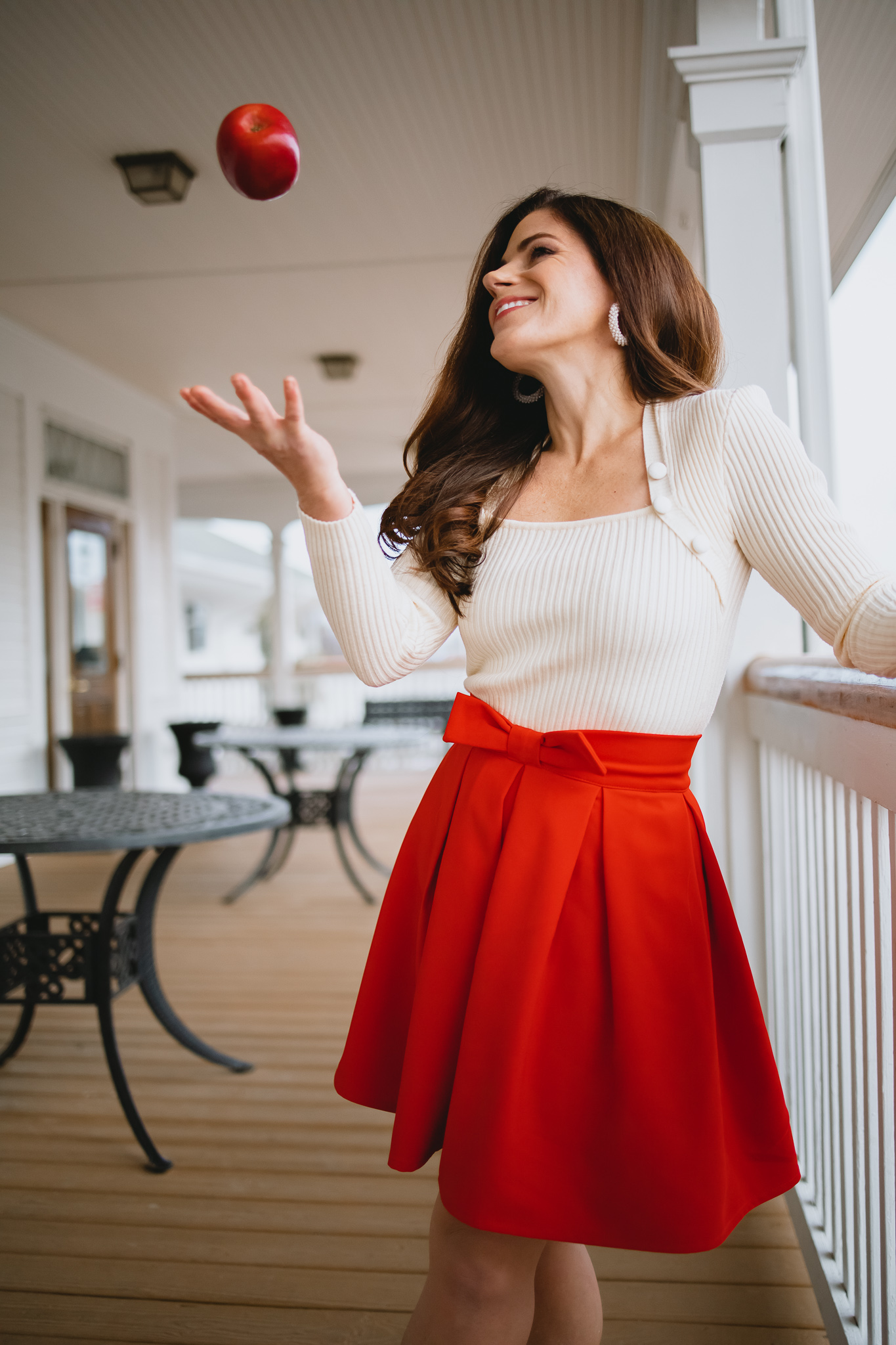
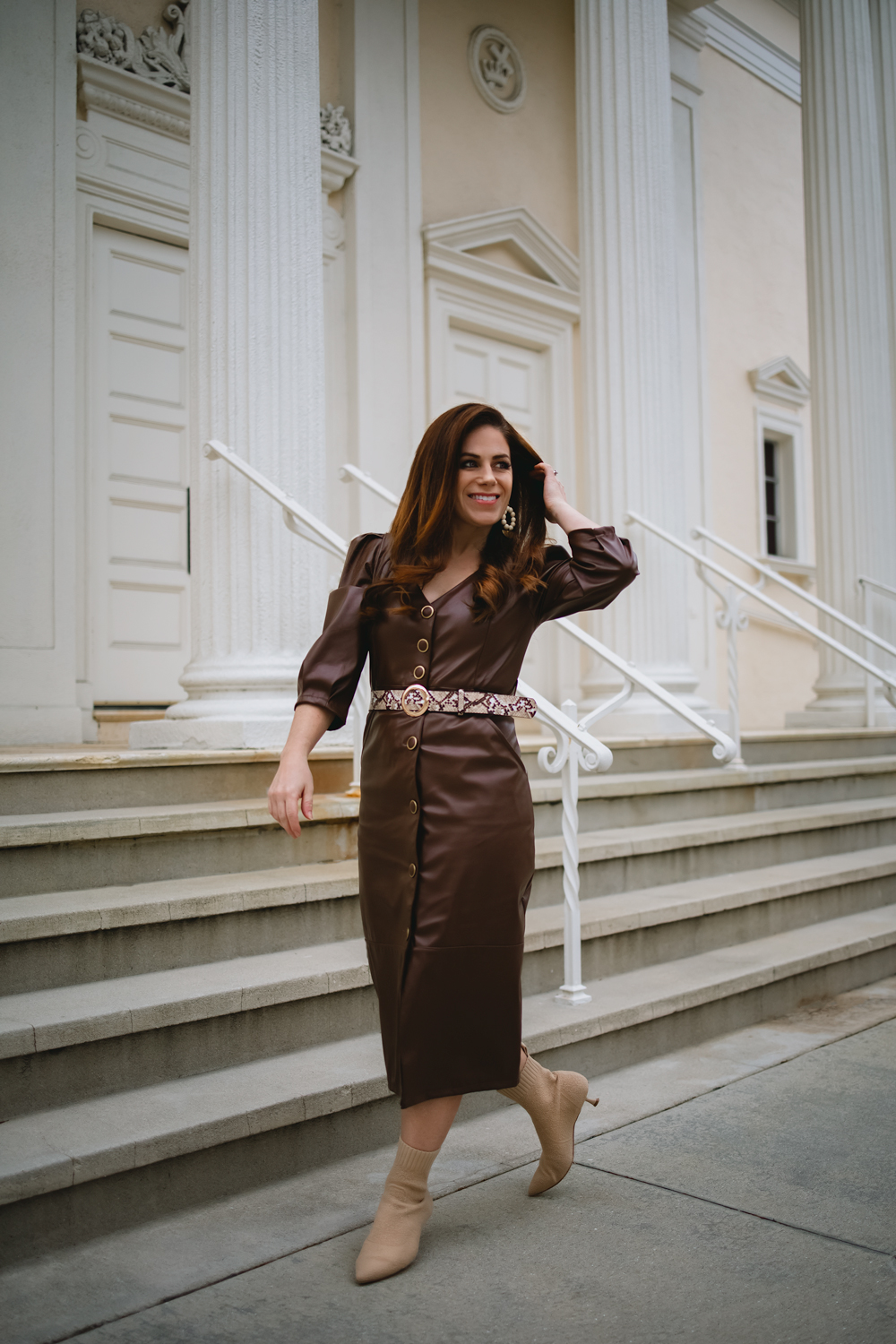
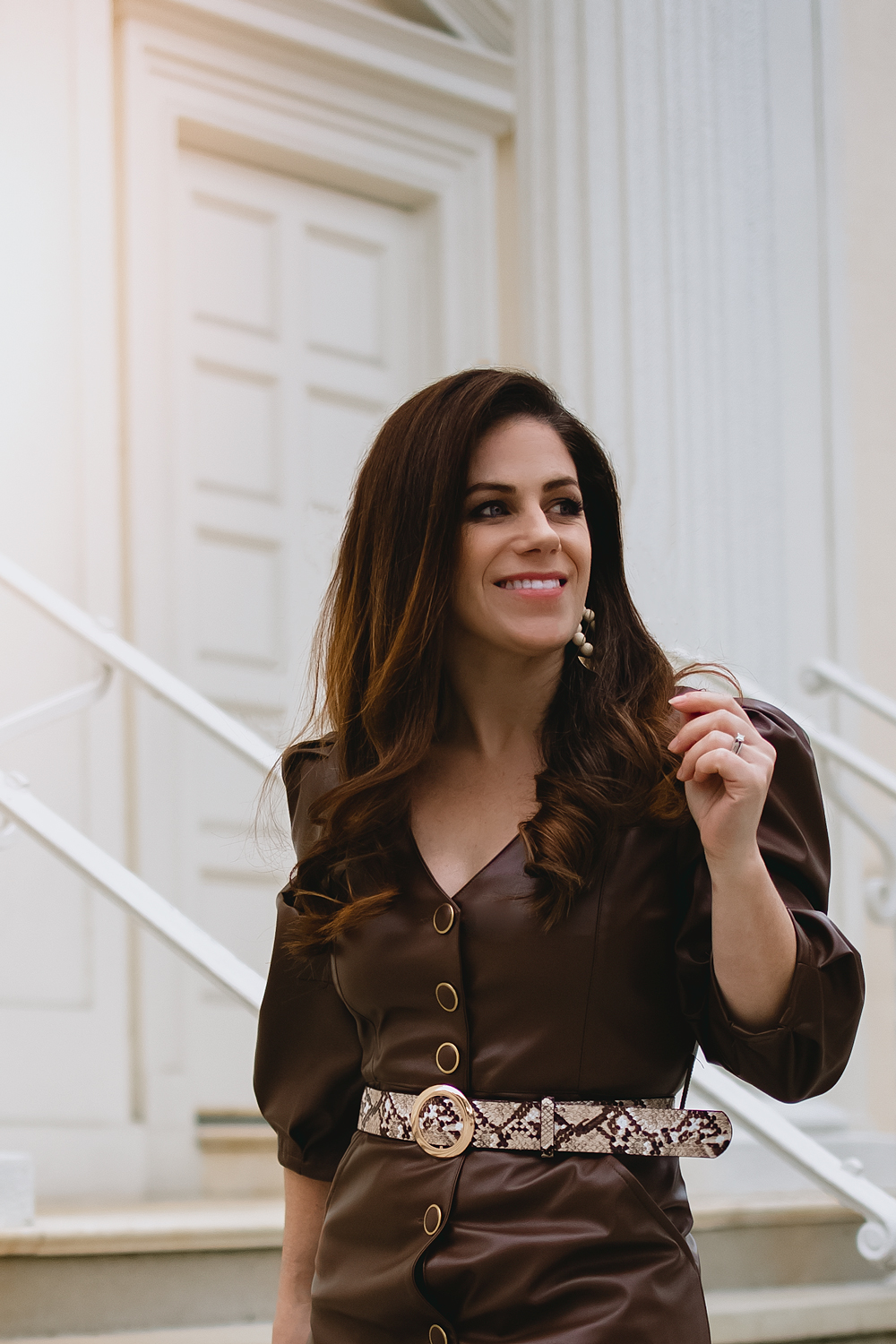
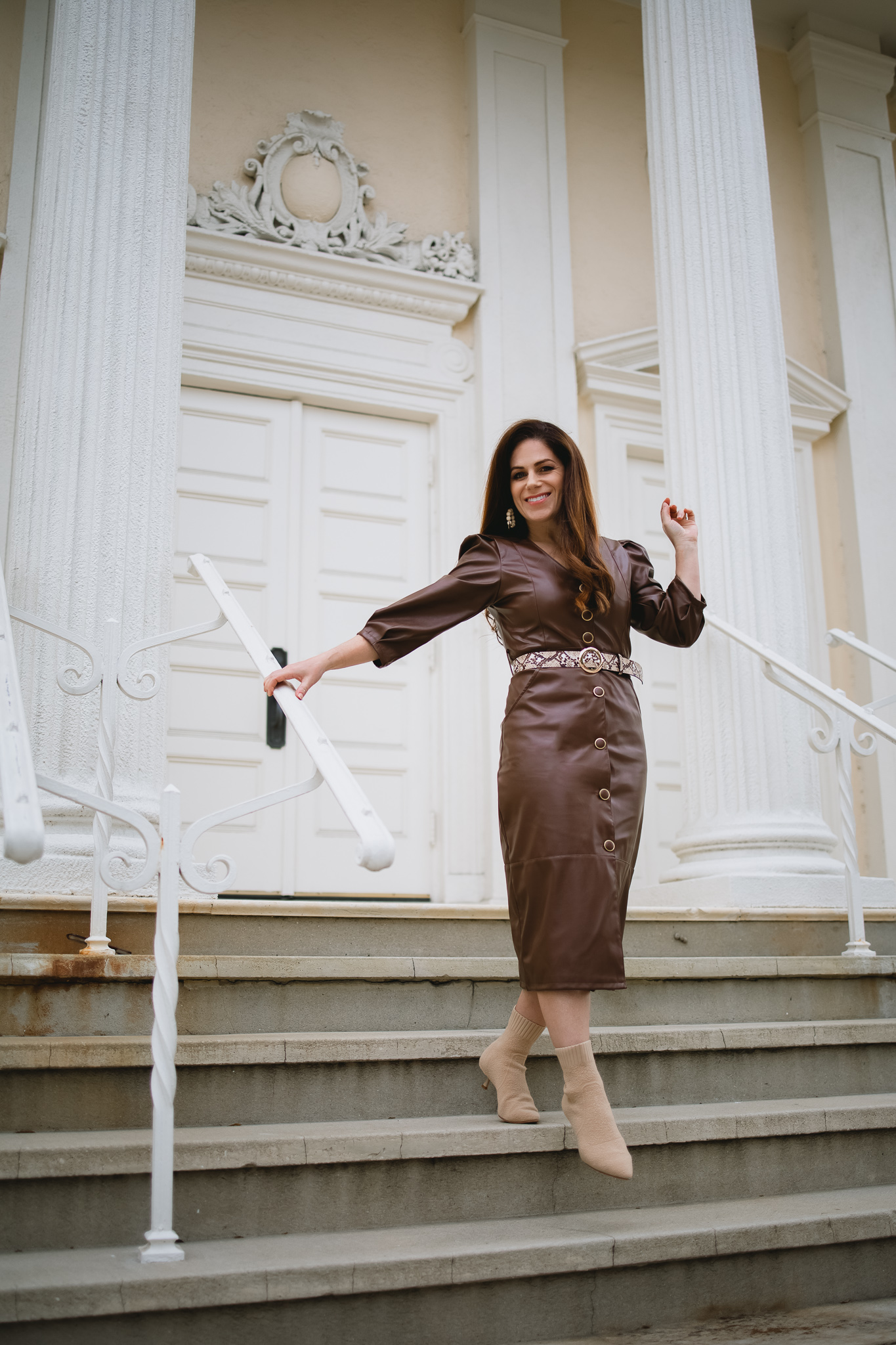

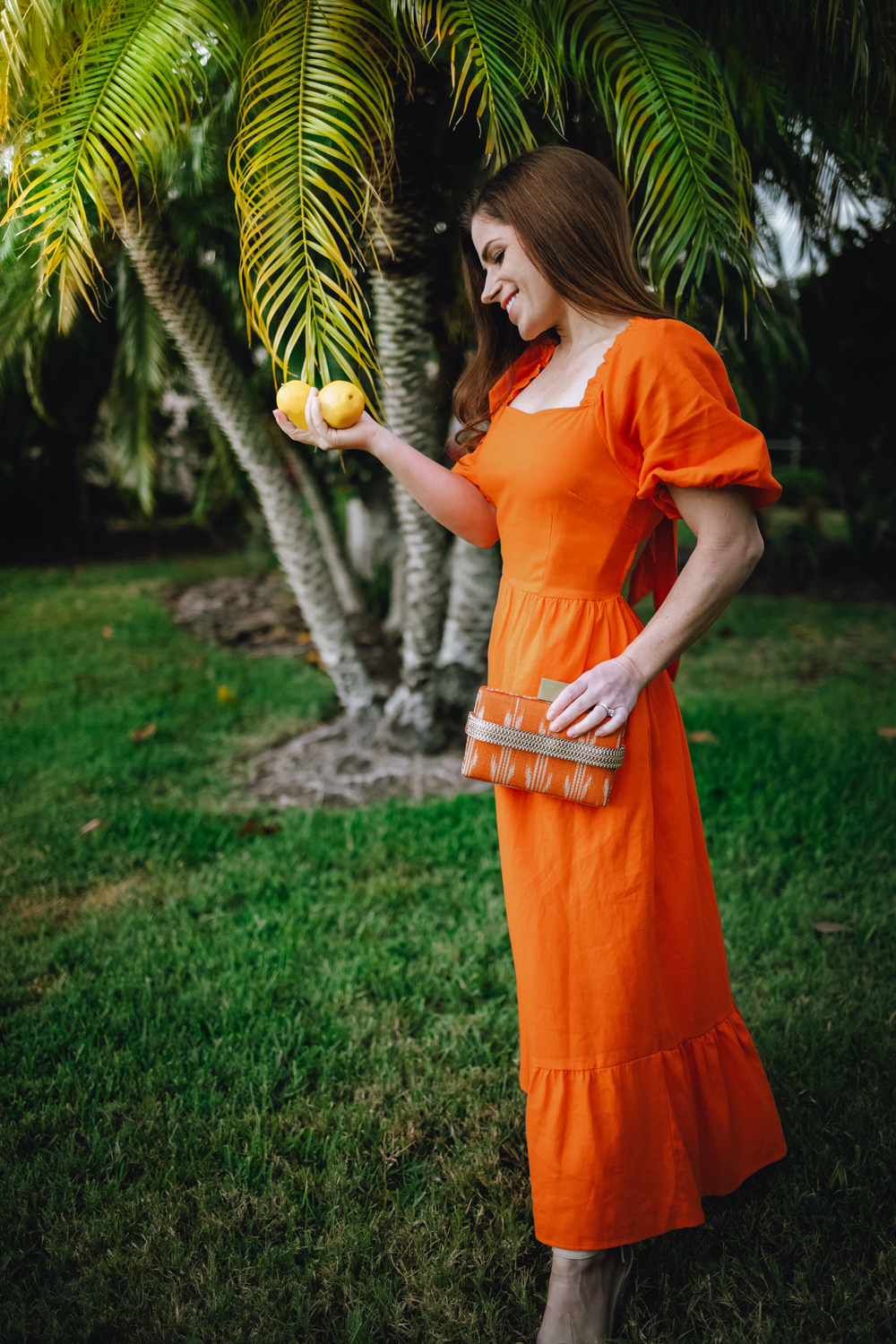
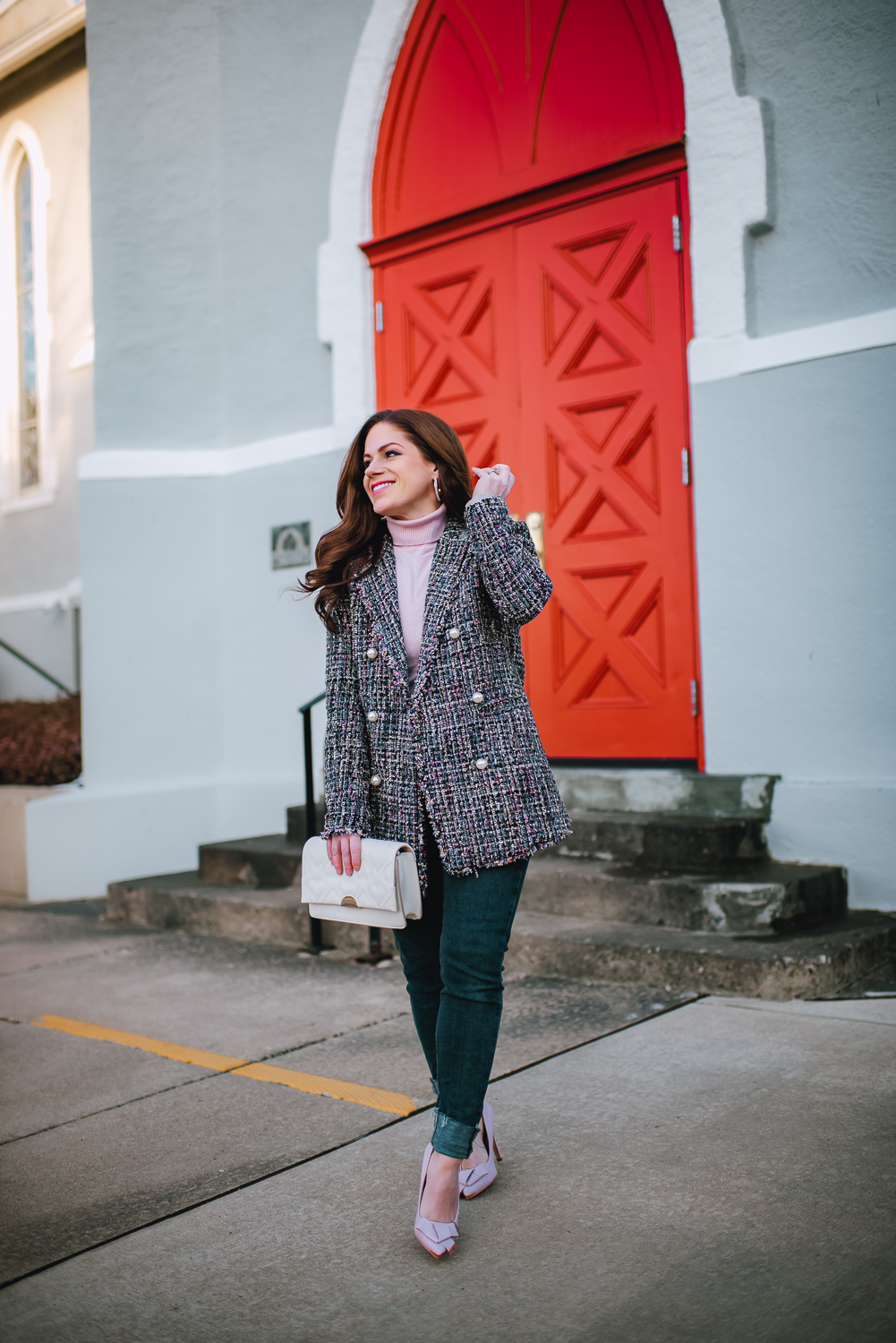
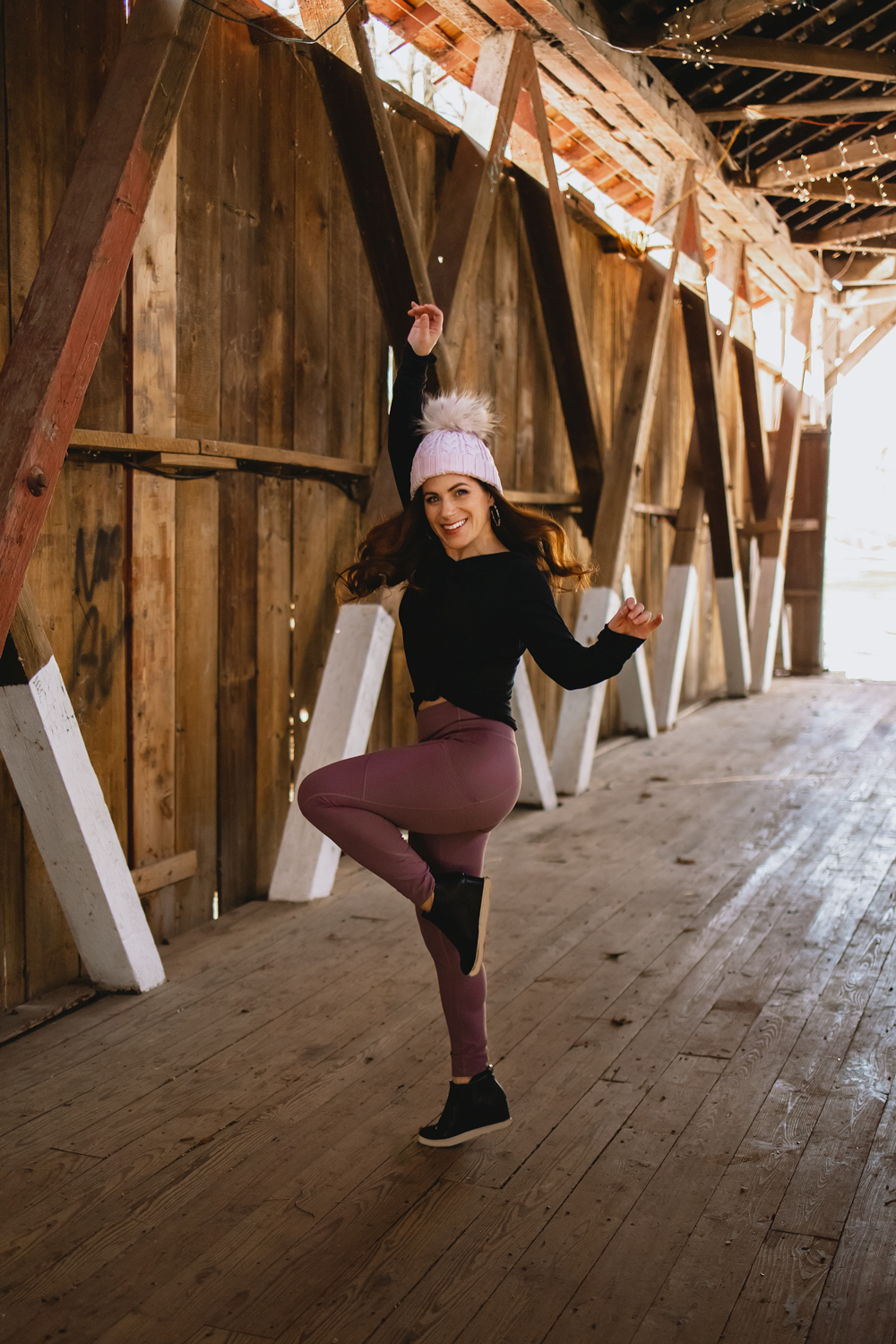


Leave A Comment